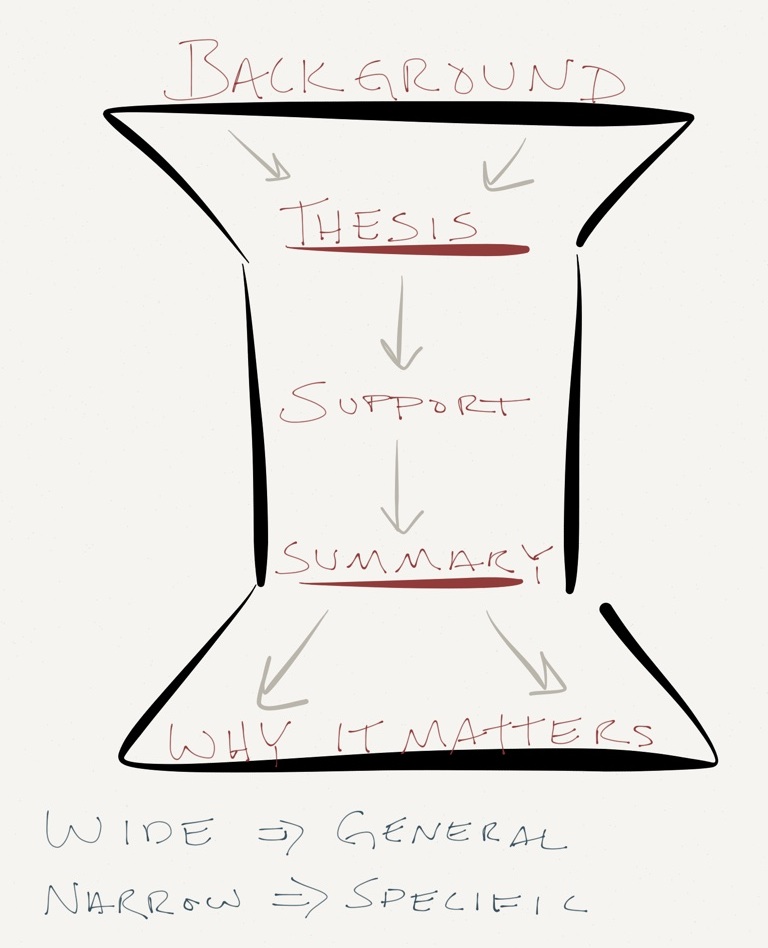
Aaron Williams gives some great advice on translating writing composition skills to video composition here.
Here’s some analysis and editing advice from Tony Zho. You can read the full Mentorless article here and the Reddit AMA here.
On editing
1) Try editing standing up. I cut like this. Walter Murch cuts like this. We’re gonna start a club. You may not end up doing it, but you’d be surprised how different your body feels. Just remember that you need to take care of your body because editing is very stationary. Even if you end up sitting, take breaks.
2) Always sleep 8 hours. Nobody edits well on lack of sleep, and it is a stupid belief in this industry that editors want to lose rest. No, we don’t.
3) Trust your emotional instincts. If you watch a piece of footage and it gives you an emotional reaction (whether a laugh, a feeling of disgust, happiness), save that clip and mark it down.
4) Get to the rough edit as quickly as possible. The assembly is always brutal. Get to rough so that you have something passable to show people.
5) Show it to people. Do not trust what they tell you to change. People are extremely good at feeling when something is wrong, but not always at articulating it. Your best guide is to watch their reaction during the film. Wherever you see attention flag, or a laugh, mark it down. If they write up their notes afterwards, you can read em, but never trust those notes more than their actual reactions while watching.
6) Editing is largely mental and mostly about patience. Basically, there’s you and there’s the footage, and you’re going to wrestle. You will eventually come out on top, but the footage will not make it easy for you. Subdue it. Kill it. Drink its blood. Mentally, of course.
7) Every once in a while, test yourself by doing a speed edit. Basically, knock out something in 8 hours. You will fly on instinct and get to the end and realize that hey, your instincts aren’t half bad. Now go back and overthink everything.
On analysis
- Take a class on script analysis. Learn how a director breaks down a script. Then get your hands on a movie script, pick a scene, guess how the director would shoot it, then watch the actual way he/she shot it.
- Bring a film into Final Cut or Premiere or Avid, and just watch it backwards and forwards, muted and unmuted, B&W, color.Watch for camera placement, movement, everything. After you do this for a while, you won’t need to bring the movie into Premiere, you can just do it on the fly.
- If you’ve seen the film before, watch it with an audience and kinda watch them. Their “on-the-fly” reaction to the film will teach you more than many critics. When do they lean in? When do they cross their arms? When do they laugh? Is it at the same place you laughed?
You can find a lot of movie scripts here, by the way. See if Tony’s suggestions help your scene analysis!